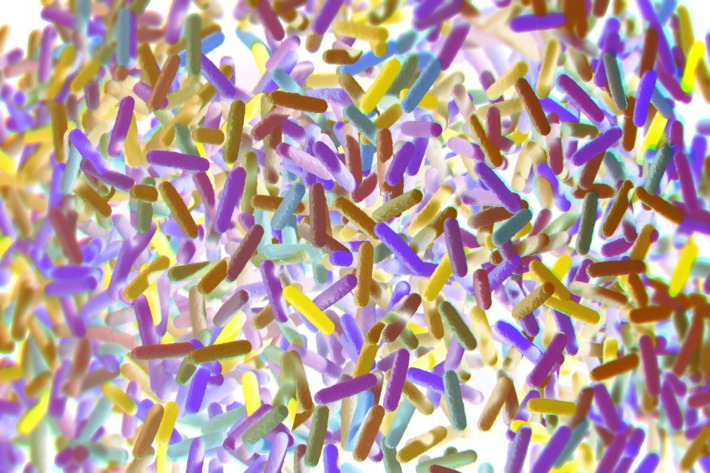Did you ever think about how many of our common expressions involve our stomachs? We occasionally talk about “gut-wrenching decisions” and “butterflies in the stomach.” These thoughts are so prevalent that some are beginning to wonder if there isn’t a link between our guts — specifically the trillions of tiny organisms that live there — and our brains.
think about how many of our common expressions involve our stomachs? We occasionally talk about “gut-wrenching decisions” and “butterflies in the stomach.” These thoughts are so prevalent that some are beginning to wonder if there isn’t a link between our guts — specifically the trillions of tiny organisms that live there — and our brains.
There may be. In one study, tentative mice received gut bacteria transplants from braver mice and became more fearless when exploring mazes. Apparently the stomach and mind really do communicate with each other. Some have even called our microbiome’s impact a “second brain.” Recently, researchers have found that our guts may retain evidence of unpleasant experiences for many years, impacting everything from how we digest food to how we handle stress. It’s even possible that these changes may alter our brain’s structure, in essence creating a feedback loop between the brain and the gastrointestinal tract.
A study recently published in the journal Microbiome analyzed the microbiomes of a group of students with irritable bowel syndrome (IBS). They did the same for a control group of healthy volunteers, and also collected brain scans, stool samples, and behavioral and biographical information from both categories. The results were surprising: those in the IBS group were far more likely to exhibit anxiety and depression. When the researchers subdivided IBS subjects into two smaller groups — those with a microbiome undistinguishable from those in the healthy control, and those with significant differences — they found the subgroup with different microbiomes also had more history of early life trauma, and their IBS symptoms lasted longer. “It is possible,” the authors wrote, “that the signals the gut and its microbes get from the brain of an individual with a history of childhood trauma may lead to lifelong changes in the gut microbiome.”
It’s also possible the relationship isn’t uni-directional. The researchers noticed that the people with altered microbiomes had differently shaped brains, suggesting that the gut may have given feedback that impacted certain brain regions, though they also admitted that more study is needed and it’s too early to draw conclusions.
If it turns out to be true that the gut influences the brain, just as the brain impacts the gut, then these findings could have a far-reaching impact on both mental and physical health. Perhaps someday we will treat the mind by treating the digestive system? Or maybe vice versa? Already, some people are using talk therapy to ease IBS. Until that time, it’s good to follow what we already know — a stress-free mind also helps the stomach.
The complete article, “A Traumatic Experience Can Reshape Your Microbiome” by , can be found at http://nymag.com/scienceofus/2017/06/microbiome-trauma-gut-bacteria.html. The photo came from that site.
